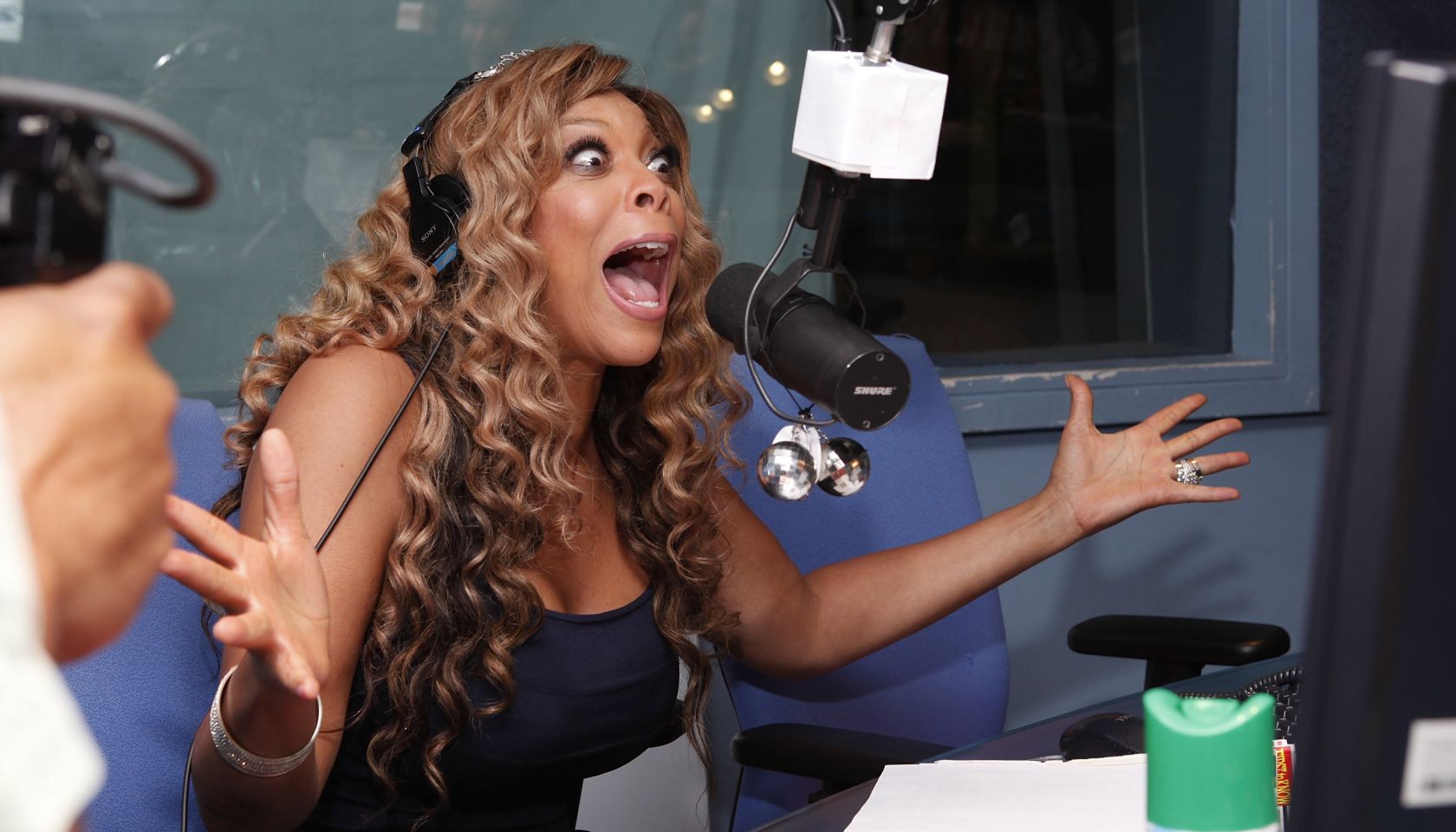Black History
Spanning over two centuries—from the 1800s through the 2000s—the EJI’s "A History of Racial Injustice" calendar is a tool designed to shed light on critical but often overlooked moments in American history.
Black people have been washing chicken, steak, and just about every other kind of meat since forever, but why?
Tariffs did far more than adjust trade balances throughout the 19th century. They stoked regional tensions and played a major role in unraveling America's troubling slavery system.
Jazz icon Duke Ellington was a key figure during the Harlem Renaissance movement.
The Black Manifesto, spearheaded by SNCC executive director, James Forman, demanded $500 million in reparations from white churches and synagogues across the United States.
Lee Elder, the first African American golf star to break barriers in the sports, showed the world what it truly meant to bring inclusivity and unity to the game of golf.
Line dancing carries a robust history in the Black community.
The 6888th Central Postal Directory Battalion—the U.S. Army’s only all-Black women unit to serve during WWII—will be bestowed with a Congressional Gold Medal.
A children’s book inspired by ‘The 1619 Project’ is slated to hit shelves this fall.
Throughout American history, Black disc jockeys did more than just spin records. They were, for Black listeners across the country, the influential voices of their communities.
Common is producing a biopic about civil rights activist Fannie Lou Hamer.
These five reasons underscore why the love for President Barack Obama has only grown since he left the White House.



















